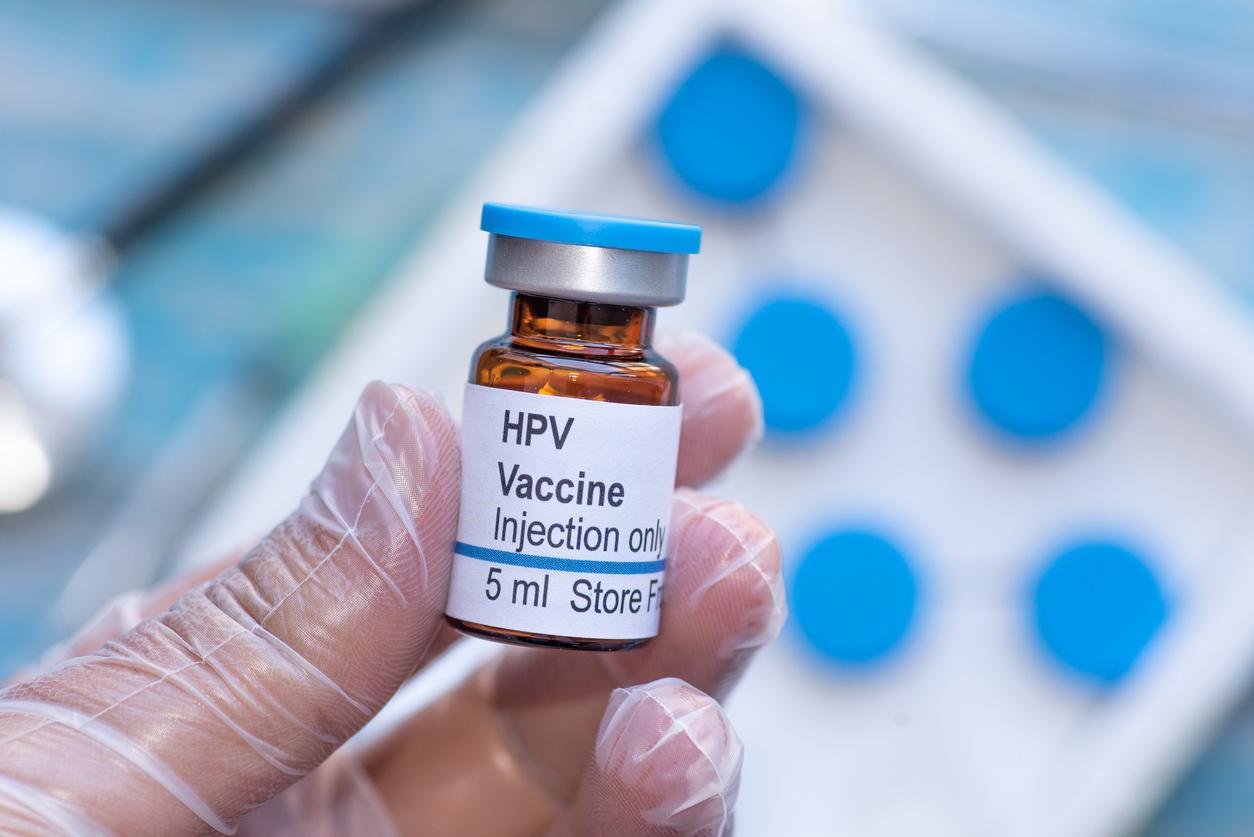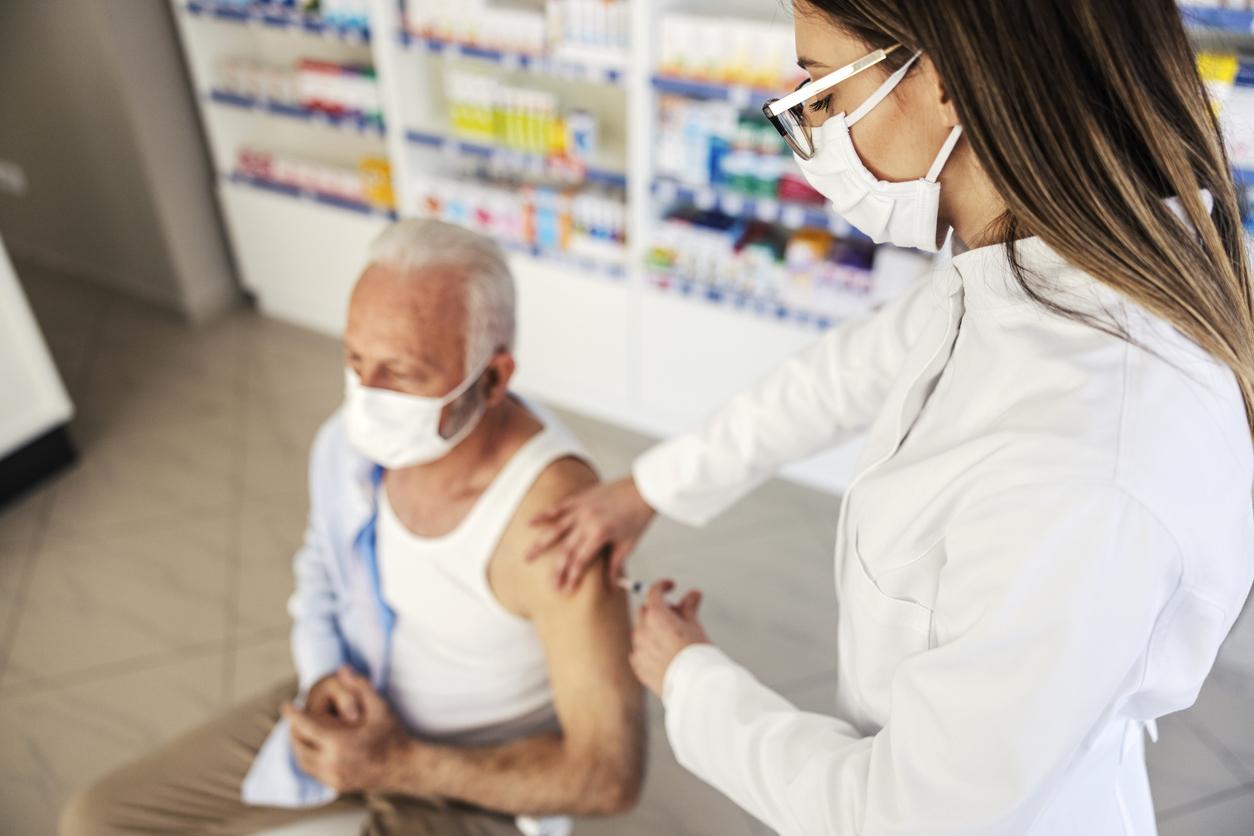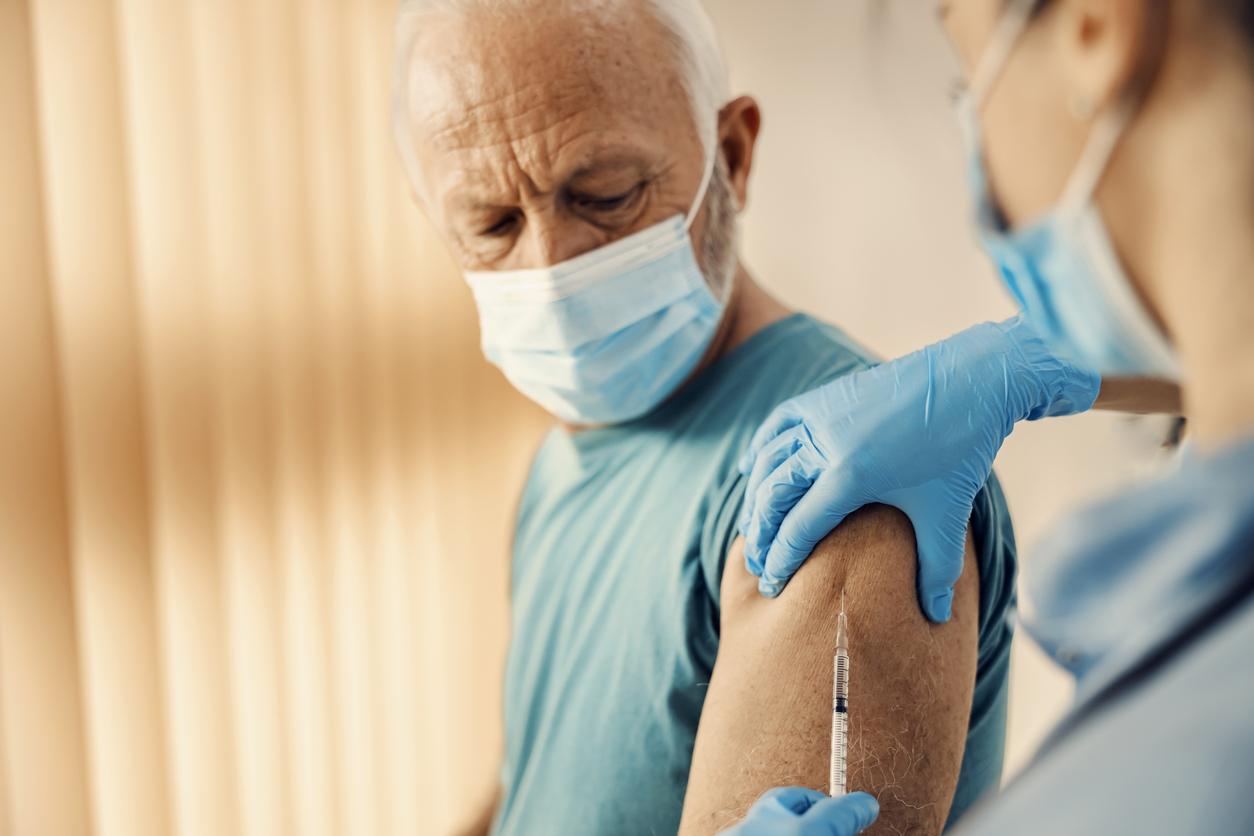
April 29, 2011 – Health Canada has authorized the use of the Gardasil vaccine, to prevent human papillomavirus (HPV) infections, for Canadian women aged 27 to 45 years old. Its US counterpart, the Food and Drug Administration (FDA), recently refused to approve it for women of the same age group.
The Gardasil vaccine has been marketed to prevent infections attributable to 4 strains of HPV, precursors of cancer of the cervix, cancer of the vulva, vagina and anus. It also reduces the appearance of genital warts (or condylomas). The vaccine was originally approved for girls aged 9 to 26. In Quebec, it is offered free of charge up to the age of 18.
Health Canada’s decision to extend the vaccine to women aged 27 and over was taken on April 14, 2011. It was announced by pharmaceutical company Merck Canada in a press release.1 issued April 24.
According to Merck Canada, “convincing” medical data indicates that doctors can offer the vaccine to women up to the age of 45 “on an individual basis.” Women aged 27 and over who wish to receive the vaccine will have to cover the cost of the 3 doses, for a total amount of $ 405.
Not in the United States
However, in a press release from the pharmaceutical company issued in the United States on April 6, 2011, it was pointed out that the vaccine is ineffective in preventing the appearance of precancerous cells as well as cervical cancer in women of 27 to 452.
In addition to refusing to extend vaccination to this age group, the FDA has forced Merck to add a warning on the label accompanying the vaccine to inform doctors and patients that it is not indicated for women aged 27 and over.
In the monograph3 Gardasil, provided by Merck Canada, it is stated that the data on the effectiveness of the vaccine is based on an – unpublished, and funded by the pharmaceutical – study of 3,817 women aged 24 to 45 years, for 4 years. years.
According to this monograph, the efficacy of Gardasil in preventing lesions or cancers of the vulva and vagina for this age group “has not been demonstrated”4.
In addition, the vaccine is said to be globally effective in preventing persistent HPV infections, genital warts, precancerous lesions of the cervix (called CIN grade 1, 2 and 3), as well as cancer of the cervix. cervix linked to HPV types 6, 11, 16 and 18.
However, the results of the study relating to the efficacy of the vaccine against the appearance of precancerous cells (type CIN 2 and 3) and against genital warts are not significant.5.
Asked about the relevance of approving the use of Gardasil for women over 26, a spokesperson for Health Canada indicated that the Department “cannot comment on decisions made by another regulatory body”.
Same story with Merck Canada, whose spokesperson nevertheless maintained that “Canada is one of the 38 countries to have approved Gardasil for this group of women, as is the case in Europe and India. “.
Martin LaSalle – PasseportSanté.net
1. To read the press release issued by Merck Canada: www.newswire.ca [consulté le 28 avril 2011].
2. On this subject, see our new HPV: the Gardasil vaccine, useless after the age of 27, published on April 12, 2011.
3. Product Monograph: GARDASIL, April 5, 2011, page 25. An update for this monograph is not yet available on the Health Canada and Merck Canada websites.
4. Ibid, page 32.
5. According to the Gardasil product monograph, this efficacy rate is based on a confidence interval varying from -37% to 99%. In addition, the 100% effectiveness rate for preventing the appearance of genital warts is based on a confidence interval which oscillates between 30% and 100%.

















